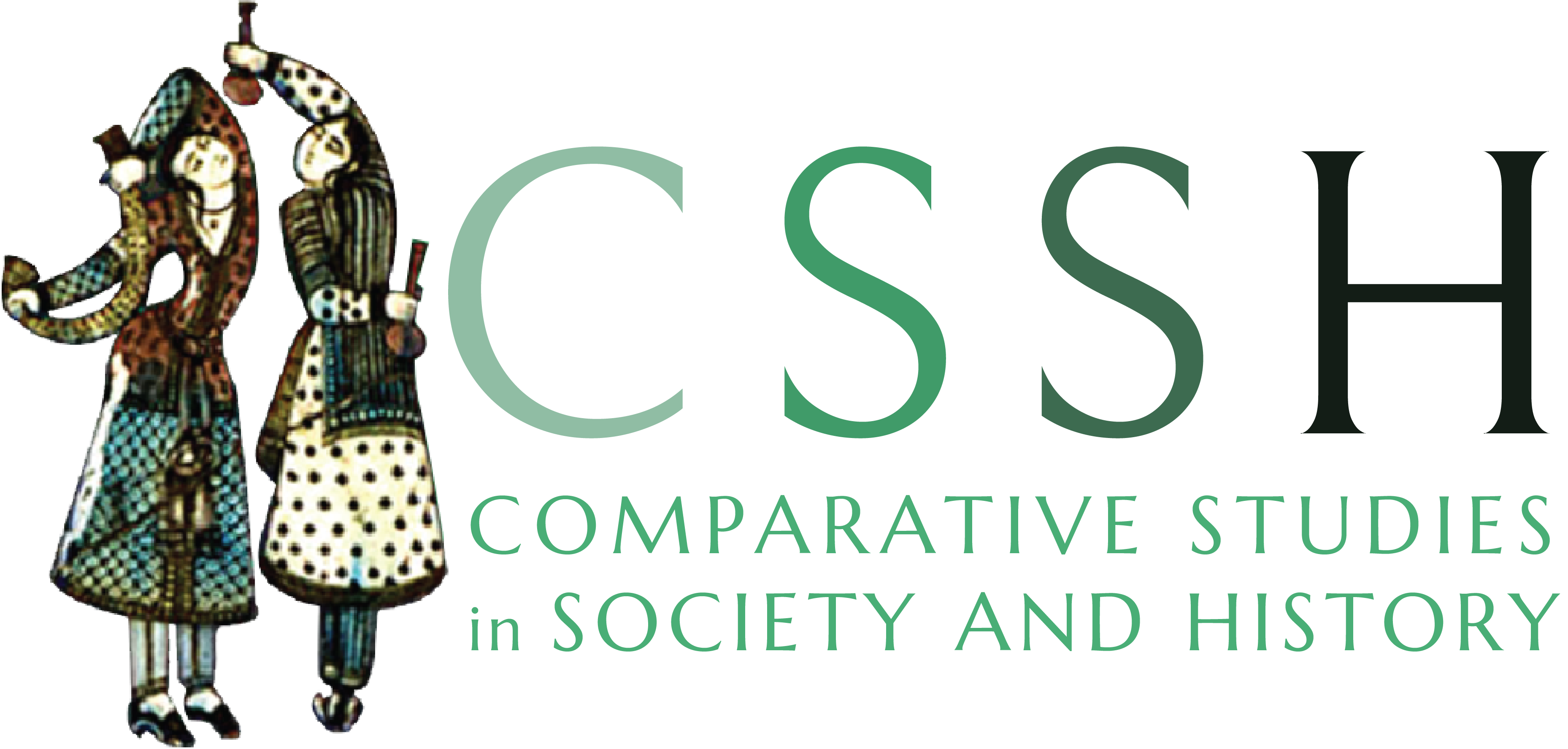Congratulations to Vladimir Hamed-Troyansky (“Becoming Armenian: Religious Conversions in the Late Imperial South Caucasus” (63-1, 2021)) upon the publication of his new book, Empire of Refugees: North Caucasian Muslims and the Late Ottoman State (Stanford University Press, 2024). The publisher writes of the text:
Between the 1850s and World War I, about one million North Caucasian Muslims sought refuge in the Ottoman Empire. This resettlement of Muslim refugees from Russia changed the Ottoman state. Circassians, Chechens, Dagestanis, and others established hundreds of refugee villages throughout the Ottoman Balkans, Anatolia, and the Levant. Most villages still exist today, including what is now the city of Amman. Muslim refugee resettlement reinvigorated regional economies, but also intensified competition over land and, at times, precipitated sectarian tensions, setting in motion fundamental shifts in the borderlands of the Russian and Ottoman empires.
Empire of Refugees reframes late Ottoman history through mass displacement and reveals the origins of refugee resettlement in the modern Middle East. Vladimir Hamed-Troyansky offers a historiographical corrective: the nineteenth-century Ottoman Empire created a refugee regime, predating refugee systems set up by the League of Nations and the United Nations. Grounded in archival research in over twenty public and private archives across ten countries, this book contests the boundaries typically assumed between forced and voluntary migration, and refugees and immigrants, rewriting the history of Muslim migration in the nineteenth and early twentieth centuries.
We also celebrate the recent publication of Julie McBrien and Annelies Moors (“Migrant Domestic Workers: Debating Transnationalism, Identity Politics, and Family Relations. A Review Essay” (45-2, 2003), Muslim Marriage and Non-Marriage: Where Religion and Politics Meet Intimate Life (Leuven University Press 2023). The book is described thusly:
Unconventional Muslim marriages have been topics of heated public debate. Around the globe, religious scholars, policy makers, political actors, media personalities, and women’s activists discuss, promote, or reject unregistered, transnational, interreligious and other boundary-crossing marriages. Couples entering into such marriages, however, often have different concerns from those publicly discussed. Based on ethnographic research in Europe, the Middle East, North Africa and Asia, the chapters of this volume examine couples’ motivations for, aspirations about, and abilities to enter into these marriages. The contributions show the diverse ways in which such marriages are concluded, and inquire into how they are performed, authorized or contested as Muslim marriages. These marriages may challenge existing ties of belonging and transform boundaries between religious and other communities, but they may also, and sometimes simultaneously, reproduce and solidify them.
Building on insights from different disciplines, both from the social sciences (anthropology, political science, gender and sexuality studies) and from the humanities (history, Islamic legal studies, religious studies), the authors address a wide range of controversial Muslim marriages (unregistered, interreligious, transnational, etc.), and include the views of religious scholars, state authorities, and political actors and activists, as well as the couples themselves, their families, and their wider social circle.


